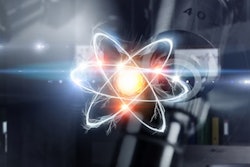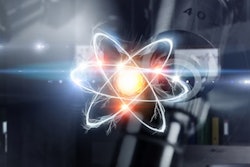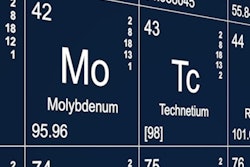Medical radioisotopes such as molybdenum-99 (Mo-99) are supplied by an aging nuclear infrastructure that threatens their security and availability, according to the Nuclear Energy Agency (NEA).
In opening statements at a recent International Workshop on Medical Radioisotopes Supply held in Paris, which drew more than 200 international experts, NEA Director-General William Magwood cautioned that action is needed to avoid another isotope supply crisis like the one experienced in 2009-2010.
“I was at the Nuclear Regulatory Commission at the time and visited hospitals and talked to doctors who told me that the situation was outrageous; there were going to be people who will have surgeries that they didn’t need to have, or get treatments using isotopes that gave them much higher doses," Magwood said. "These outcomes were very frustrating to medical professionals."
Magwood noted that although progress has been made on strengthening the supply chain, there is still heavy reliance on the largess of governments and too few young people entering the field.
“We need more young people coming into this business. This is not an area that you hear much about in the public domain, so when you talk to young people who are interested in STEM careers, going into a field in medical isotopes never comes up because they don’t know that it’s there,” he said.
The workshop focused particularly on the status of the supply of Mo-99, as well as the actions needed to ensure it remains reliable. Strategies to enhance the reliability of Mo-99 supply were discussed, with an emphasis on technological advancements, policy frameworks, and international cooperation, the NEA said.
As discussions unfolded, it became clear that the future of medical radioisotopes will rely on the success of international collaboration, the NEA said.




















